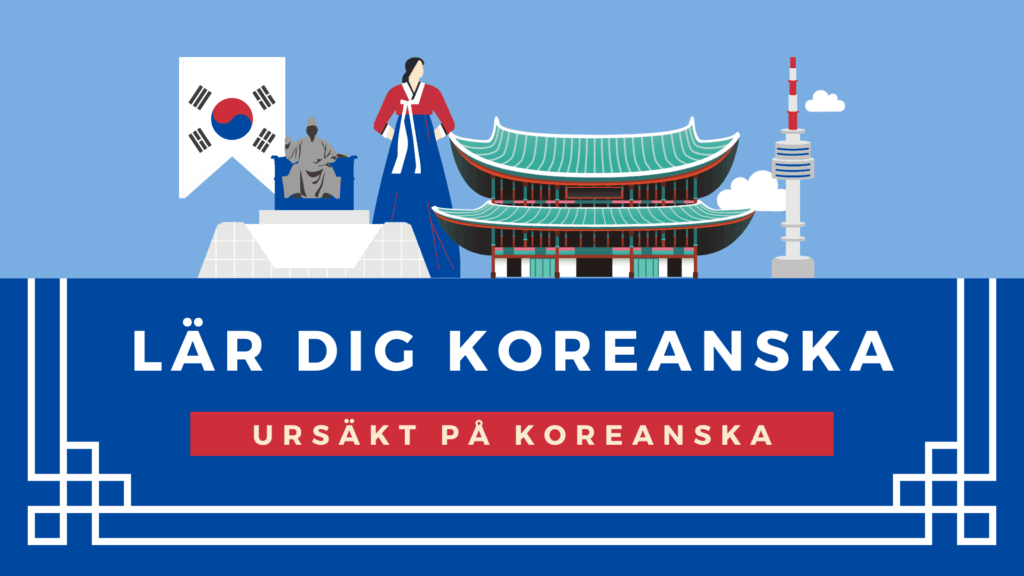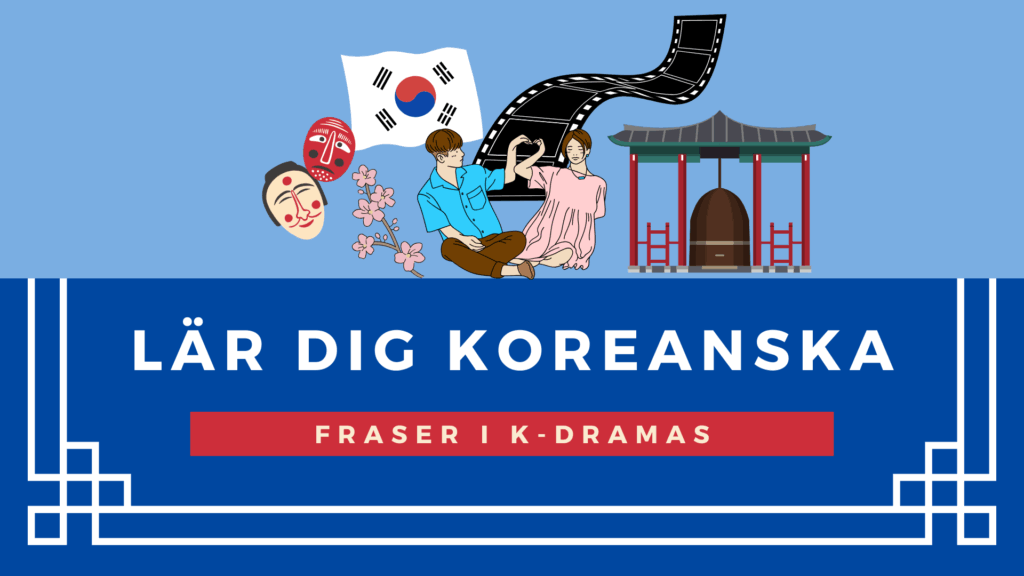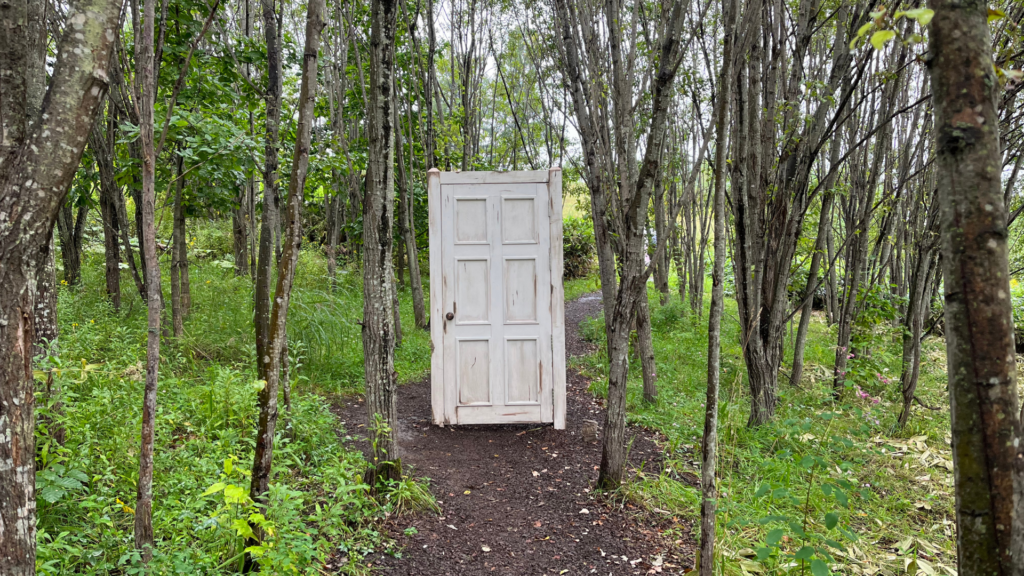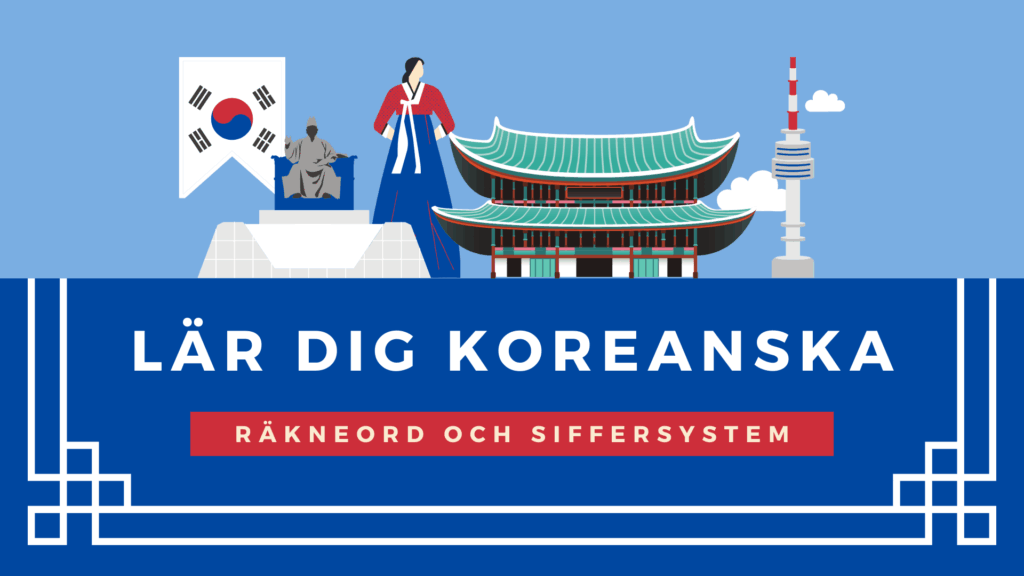Koreanska ordspråk, eller Sokdam(속담), är hur koreaner förmedlar fakta eller sätt att tänka på ett metaforiskt sätt. Termen Sokdam introducerades först i Sydkorea under Joseondynastin (조선), men fraserna var i bruk mycket tidigare. Även om dessa koreanska ordspråk har förts vidare av deras förfäder, där många av dem beskriver historiska händelser och förmoderna livsstilar, så reflekterar de fortfarande vanliga händelser i vardagen. Låt oss ta en titt på några matrelaterade koreanska ordspråk!
Koreanska ordspråk med anknytning till mat och ris
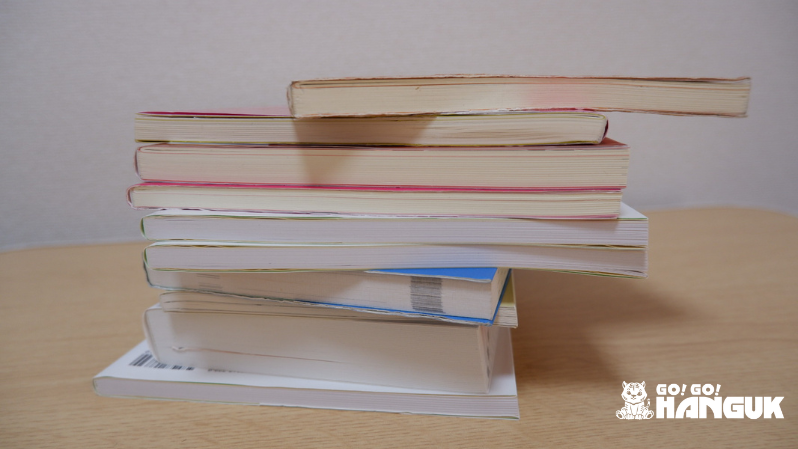
1. Att inte kunna dricka risvattensoppa. framför barnen
Bokstavligt översatt från 애들 앞에서는 숭늉도 못 마신다 (ae-deul ap-e-seo-neun sung-nyung-do mot ma-sin-da), detta koreanska ordspråk refererar till hur barn gillar att imitera vuxnas handlingar och ord. Det kan potentiellt påverka deras beteende och tankesätt när de växer upp. Därför är det viktigt att vuxna tar detta i beaktande och sätter ett gott exempel inför barnen.
2. Att hitta risvattensoppa i en brunn
Bokstavligt översatt från 우물가에서 숭늉 찾는다 (u-mul-ga-e-seo sung-nyung chat-neun-da), det är bara logiskt att hitta vatten i en brunn och om du försöker hitta risvattensoppa, kommer du inte kunna göra det eftersom det inte finns. I detta koreanska ordspråk betyder det att du ska anpassa dina mål eller förfrågningar efter situationen och, med rätt förutsättningar, kommer du att se resultat och uppnå framgång.
3. Strö aska på kokt ris
Bokstavligt översatt från 다 된 밥에 재 뿌리기 (da doen bab-e jae ppu-li-gi), när aska har smutsat ner det kokta riset blir det oätligt och ansträngningen som lagts på att koka riset har också blivit förgäves. Detta koreanska ordspråk används ofta för att beskriva när saker förstörs nära framgång, vilket syftar på all bortkastad ansträngning.
4. Kyckling istället för fasan
Bokstavligt översatt från 꿩 대신 닭 (kkwong dae-sin dak), använde koreaner förr i tiden fasaner istället för kycklingar i kycklingbaserade rätter eftersom de har högre näringsvärde jämfört med kycklingar. Men eftersom fasaner blev mer sällsynta och allmänt betraktades som ett lyckobringande djur, har kycklingar blivit mer vanligt förekommande sedan dess. Eftersom fasaner och kycklingar har liknande smak och konsistens, är det ett perfekt substitut. Detta koreanska ordspråk innebär att du kan ersätta något med något liknande när den ursprungliga idén eller föremålet inte är tillgängligt.
5. Det är ungefär lika mycket som Yakgwa
Bokstavligt översatt från 그 정도는 약과 (geu jeong-do-neun yak-gwa), är 약과 (Yakgwa) ett traditionellt koreanskt sött bakverk smaksatt med honung och ingefära. Detta koreanska ordspråk beskriver hur något är så enkelt och lätt att det i princip inte kräver någon ansträngning. När du säger “그 정도는 약과“, betyder det att arbetet eller handlingen är lätt uppnåelig och utan ansträngning.
6. Att använda röda bönor för att göra fermenterad sojabönspasta
Bokstavligt översatt från 팥으로 메주를 쓴대도 곧이듣는다 (pat-eu-lo me-ju-leul ssun-dae-do god-i-deud-neun-da), i receptet för att göra fermenterad sojabönspasta används alltid bara gula sojabönor. Trots att det är känt att gula sojabönor används för att göra pastan, kommer en person ändå förmodligen att tro på det om någon säger att röda bönor istället används. Detta ordspråk används vanligtvis för att beskriva människor som villkorslöst tror på andra.

7. Billigt pris ger dig billiga rispuddingar
Bokstavligt översatt från 싼게비지떡 (ssan-ge-bi-ji-tteok), ett annat sätt att förstå detta koreanska ordspråk är att säga “du får vad du betalar för”. Som ordspråket säger kan kvaliteten kompromissas om det är billigt. Om du förväntar dig god kvalitet kan det ibland vara värt att betala mer.
8. Rispuddingar som ser bra ut smakar också gott
Bokstavligt översatt från 보기 좋은 떡이 먹기도 좋다 (bo-gi joh-eun tteok-i meog-gi-do joh-da), används normalt i situationer där det som ser bra ut smakar också gott, och innehåller bra saker. Tänk dig en vackert upplagd måltid som ser tilltalande ut för ögonen och faktiskt smakar läckert!
9. Tänker inte ens på personer som ger mig rispudding, dricker kimchisoppa först
Bokstavligt översatt från 떡 줄 사람은 생각도 하지 않는데 김칫국 부터 마신다 (tteok jul sa-ram-eun saeng-gak-do ha-ji an-neun-de kim-chit-guk bu-teo ma-sin-da), även om detta koreanska ordspråk är relativt abstrakt att tolka, betyder det i grund och botten att det förväntas att något bra ska hända och innan det faktiskt inträffar, firas redan dess framgång. Metaforiskt sett är rispuddingar och kimchisoppa båda maträtter som mättar, och det är inte vanligt att ha dem efter varandra i en måltid. Trots att du är medveten om att du kanske kommer få rispudding (framgång), dricker du ändå kimchisoppa (firande) först. med andra ord – att fira innan du ser framgång.
10. Utför en ceremoni medan du tittar på rispuddingar
Bokstavligt översatt från 떡 본 김에 제사 지낸다 (tteok bon gim-e je-sa ji-naen-da), rispuddingar (떡) är vanligtvis närvarande vid förberedelse av koreanska ceremonier. På ett enkelt sätt betyder det “låt oss göra en ritual medan vi förbereder rispudding”. Det refererar till att det finns potential till misstag medan du gör något som redan har planerats. Detta koreanska ordspråk används ofta när något extra läggs till ytterligare medan man genomför en originalplan.
Det är verkligen intressant att lära sig att det finns så många matrelaterade koreanska ordspråk som fortfarande används flitigt i den moderna koreanska gemenskapen..
Om du är intresserad av det koreanska språket och den koreanska kulturen, följ Go! Go! Hanguk-bloggen för mer innehåll och kontakta oss gärna om hur det är att bo och studera i Korea!

